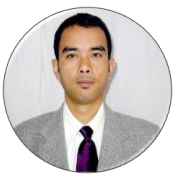Research Network 5: Learning Transitions Members
Network Coordinator:

Lyndsey currently holds the role of Assistant Director (Programmes) in Adult Continuing Education (ACE) at University College Cork where she is responsible for growing and sustaining ACE’s broad portfolio of part-time programme for adult learners. Prior to this, Lyndsey led the Continuing Education & Enterprise Engagement team in ACE. A core focus for Lyndsey in her work at ACE is to improve engagement with enterprise, industry and community organisations to offer adults across a wide range of sectors a variety of opportunities to return to higher level education on a part-time basis.
Lyndsey has also led the university’s involvement in the HEA’s Springboard+ scheme since 2012, whereby she and her team work with academic units in UCC to design and deliver part-time programmes for adults in areas of identified skills needs. From 2008-2012, she was the UCC representative on the Irish government funded research project, ‘Roadmap for Employment Academic Partnerships (REAP)’, during which time her research focused on the interface between academia and industry and the wide span of engagements that this entails. From 2005 to 2009, Lyndsey worked in the Department of Government, University College Cork (UCC) delivering undergraduate lectures and tutorials on international relations and European politics.
Lyndsey holds a BA in European Studies and MA in International Relations from UCC. She is currently an EdD (Higher Education) candidate at the University of Liverpool.
European Network Co-Coordinator:
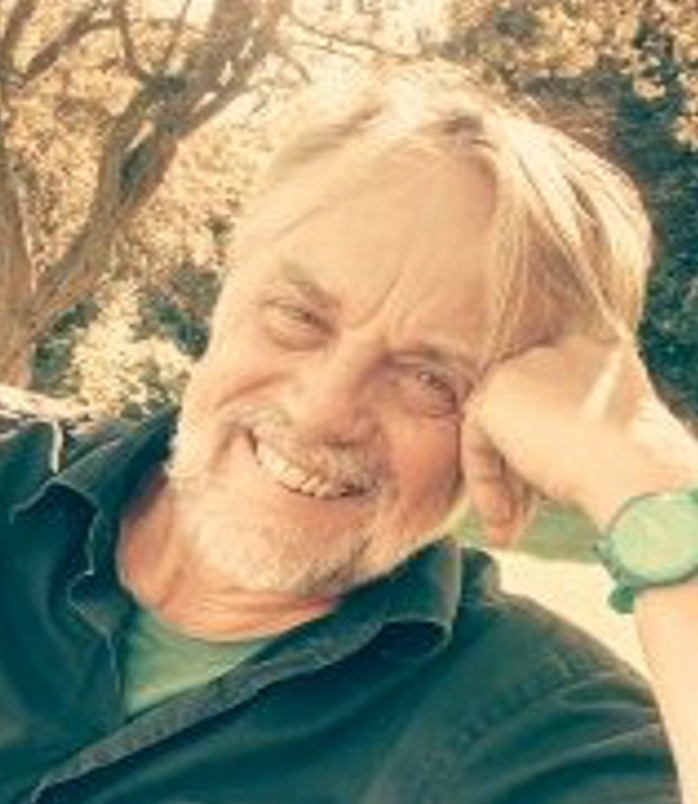
Dr. Paed. is Chairman, the Center for Lifelong Learning, University of Science & Technology Meghalaya, India. He is a Distinguished Professor at the International Institute for Adult & Lifelong Education, India. He has been teaching and doing research at Aarhus University Denmark and in other Danish institutions and has been travelling widely for the same, all over the globe and has many publications and innovative projects to his credit including the first Masters in Lifelong Learning (MALLL) in Europe. Prof. Ehlers is the European co-coordinator for ASEM RN5.
Asian Network Co-Coordinator:
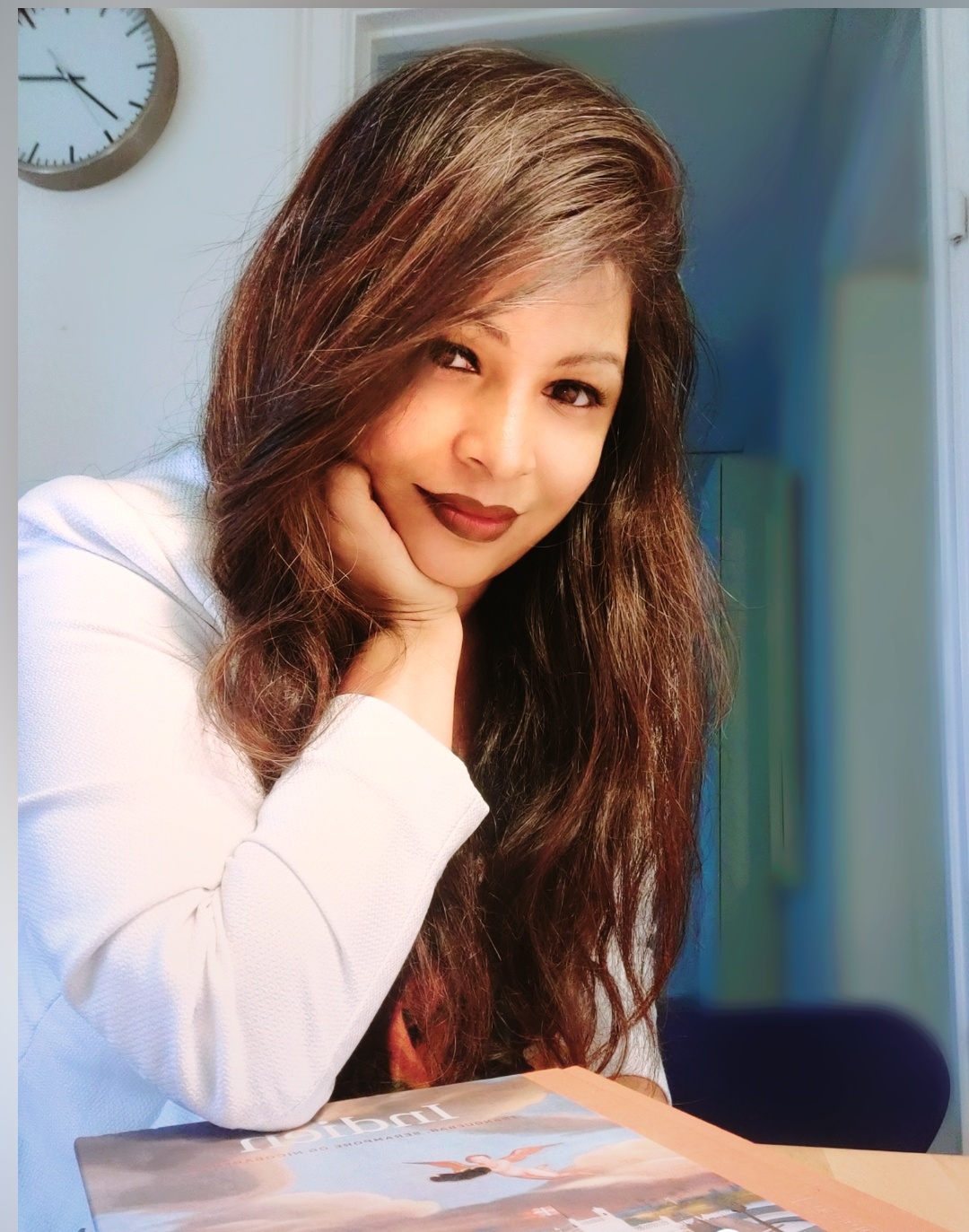 Dr Shalini Singh is currently the South Asia Coordinator for ASEM LLL Hub and Asia Coordinator for Research Network 5. She is the Director at Center of Excellence for Lifelong Learning, Adi Shankara Institute of Engineering & Technology, Kerala, India. She is visiting researcher at the Helmut Schmidt University of the Federal Armed Forces, Germany and Senior Fellow at the International Institute for Adult & Lifelong Education, India. She contributes as a Policy Analyst at the Center for Policy Analysis, India and Senior Consultant at PLC Advocates @ Project POSH+ aimed at the Prevention of Sexual Harassment at the Workplace.
Dr Shalini Singh is currently the South Asia Coordinator for ASEM LLL Hub and Asia Coordinator for Research Network 5. She is the Director at Center of Excellence for Lifelong Learning, Adi Shankara Institute of Engineering & Technology, Kerala, India. She is visiting researcher at the Helmut Schmidt University of the Federal Armed Forces, Germany and Senior Fellow at the International Institute for Adult & Lifelong Education, India. She contributes as a Policy Analyst at the Center for Policy Analysis, India and Senior Consultant at PLC Advocates @ Project POSH+ aimed at the Prevention of Sexual Harassment at the Workplace.
Network Members:
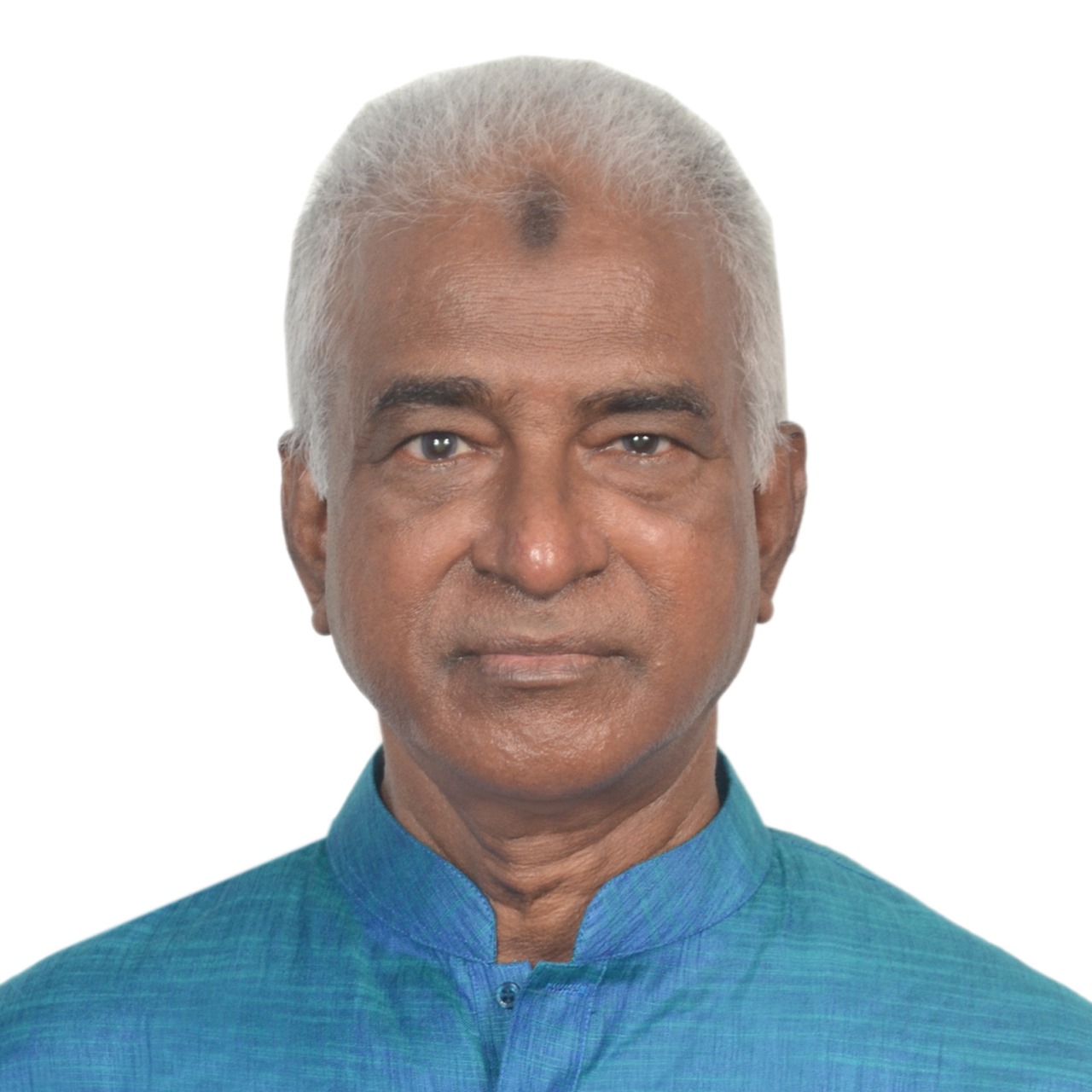
Dr. Mohammed Shamsul Hoque is a Professor of English at Daffodil International University (DIU), Bangladesh. He is specialized in TESL/TEFL methodologies. His research interests include curriculum development, CLT, ELT, inclusive education, equal opportunity, and humanizing education. With a wide range of teaching experience of about five decades, Prof. Hoque has his own vision of “imparting knowledge” as a “holy duty” to mankind.
Institutional affiliation: Daffodil International University
Email: Hoque.eng@daffodilvarsity.edu.bd
Orcid ID: https://orcid.org/0000-0001-5695-8742
Google scholar ID: https://scholar.google.com/citations?view_op=list_works&hl=en&user=EhpJLjcAAAAJ
Scopus author ID: 57195672974
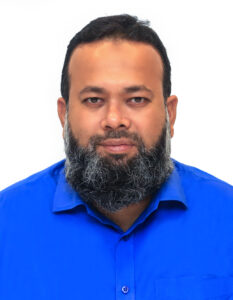 Dr. Mohamed Emran Hossain is a member, Board of Trustees, Daffodil International University, the fastest growing university in Bangladesh, since the year 2002. He is highly skilled in the areas of higher education management & quality assurance, internationalization, organizational management, designing and implementing donor funded projects, and IT project supervision. In addition to these roles, Dr. Emran is the Chief Operating Officer of the entire Daffodil Family, encompassing 30 education-related institutions in Bangladesh and abroad, ranging from pre-school care to polytechnics, colleges to computer software companies. Dr. Emran completed his Bachelor’s and Master’s degrees in International Relations from University of Dhaka. Besides, he received a Master’s in Management of Development from ITC-ILO & Turin University, Italy. He has pursued his Doctor of Philosophy from University Sains Islam Malaysia and his thesis relates to obstacles to the take-up of ICT initiatives among administrative staff in higher education institutions. As part of his role as the senior-most administrator of Daffodil International University, Emran has attended more than 50 international training workshops, seminars and conferences around the world. He is also a member of different national and international higher education organizations, such as EAIE, AUAP, ISTQB, INQAAHE, among many others.
Dr. Mohamed Emran Hossain is a member, Board of Trustees, Daffodil International University, the fastest growing university in Bangladesh, since the year 2002. He is highly skilled in the areas of higher education management & quality assurance, internationalization, organizational management, designing and implementing donor funded projects, and IT project supervision. In addition to these roles, Dr. Emran is the Chief Operating Officer of the entire Daffodil Family, encompassing 30 education-related institutions in Bangladesh and abroad, ranging from pre-school care to polytechnics, colleges to computer software companies. Dr. Emran completed his Bachelor’s and Master’s degrees in International Relations from University of Dhaka. Besides, he received a Master’s in Management of Development from ITC-ILO & Turin University, Italy. He has pursued his Doctor of Philosophy from University Sains Islam Malaysia and his thesis relates to obstacles to the take-up of ICT initiatives among administrative staff in higher education institutions. As part of his role as the senior-most administrator of Daffodil International University, Emran has attended more than 50 international training workshops, seminars and conferences around the world. He is also a member of different national and international higher education organizations, such as EAIE, AUAP, ISTQB, INQAAHE, among many others.
Dr. Pankaj Thapa holds Ph.D. degree in Geography, from the North Eastern Hill University (NEHU), Meghalaya, India; P.G. Diploma in Remote Sensing from the Indian Institute of Remote Sensing, Dehradun, India, and P.G. Course on Mountain Environment and Global Change, International Programme on Research and Training on Sustainable Management of Mountain Areas, University of Torino, Italy.
Dr. Thapa has served as a faculty in the Department of Geography & Planning, Sherubtse College, Royal University of Bhutan, from 2002 to 2021. During his tenure at Sherubtse College, he established the Centre for Climate Change and Spatial Information (CCCSI); initiated linkages with various universities; developed BSc Geography Programme; designed several modules for the geography curriculum, and conducted various capacity building and research projects mainly involving the application of geospatial techniques to analyse changes of land use and land cover, climate change and sustainable development in the mountainous regions. He has more than 20 publications in various national and international journals, and is also the recipient of the “Lecturer of the Year” Award in 2016.
Mobile: +975 17725932
E-mail: pankajthapa2008@gmail.com
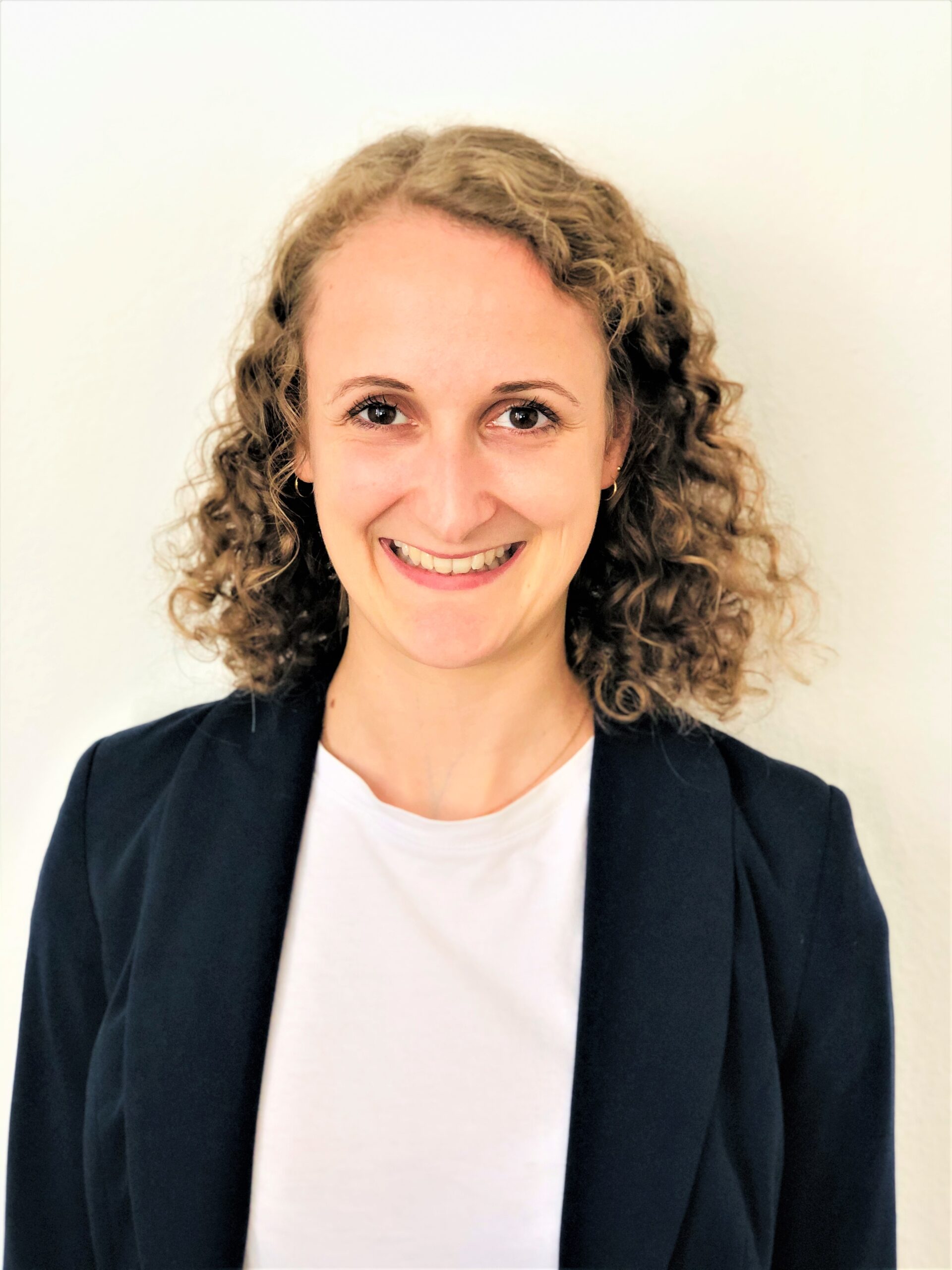 Dr. Monika Staab holds a Ph.D in Adult Education from the University of Würzburg, Germany, and the University of Florence, Italy. She currently works as an independent researcher, freelance trainer and coach in adult education and lifelong learning. In this role, she collaborates primarily with higher education institutions, providing training for university staff, supporting PhD students and developing online learning programmes. Her research interests include (academic) professionalisation of adult education, internationalisation of higher education and international and comparative research.
Dr. Monika Staab holds a Ph.D in Adult Education from the University of Würzburg, Germany, and the University of Florence, Italy. She currently works as an independent researcher, freelance trainer and coach in adult education and lifelong learning. In this role, she collaborates primarily with higher education institutions, providing training for university staff, supporting PhD students and developing online learning programmes. Her research interests include (academic) professionalisation of adult education, internationalisation of higher education and international and comparative research.
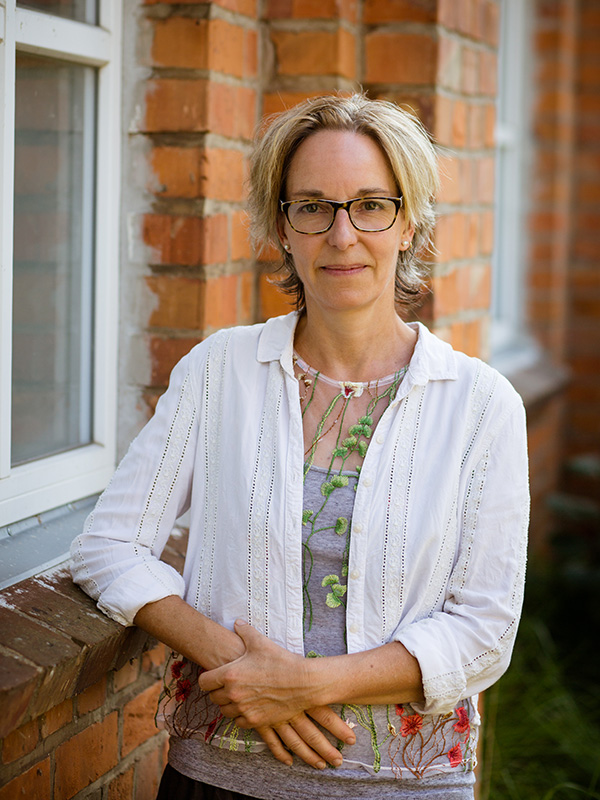 Dr. Sabine Schmidt-Lauff is a Professor for Continuing Education and Lifelong Learning at the University of the Federal Armed Forces Hamburg. Before that, she was a Professor for Adult and Continuing Education at the Technical University Chemnitz.
Dr. Sabine Schmidt-Lauff is a Professor for Continuing Education and Lifelong Learning at the University of the Federal Armed Forces Hamburg. Before that, she was a Professor for Adult and Continuing Education at the Technical University Chemnitz.
She is a member of the University Senat Council for Studies and Teaching at HSU/UniBw H, the Faculty Council for Humanities and Social Sciences at HSU/UniBw H, the University Senat Council for International Affairs at HSU/UniBw H, and the Curriculum Committee for Education and Educational Sciences of the Faculty of Humanities and Social Sciences at HSU/UniBw H. She is Deputy Chair of the Examination Committee for the Master’s Program Leading Diversity (M-LeaD) at HSU/UniBw H and Deputy Dean of Education of the Faculty of Humanities and Social Sciences at HSU/UniBw H. Recently, she was inducted into the International Adult and Continuing Education Hall of Fame (Class of 2022).
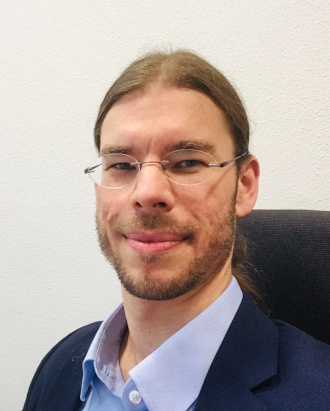 Dr. Jan Schiller is a researcher at Helmut-Schmidt-University/University of the Federal Armed Forces Hamburg with the Professorship for Continuing Education and Lifelong Learning. He currently works on international and temporal perspectives on adult education and digitalization in higher education.
Dr. Jan Schiller is a researcher at Helmut-Schmidt-University/University of the Federal Armed Forces Hamburg with the Professorship for Continuing Education and Lifelong Learning. He currently works on international and temporal perspectives on adult education and digitalization in higher education.
Contact: schiller@hsu-hh.de
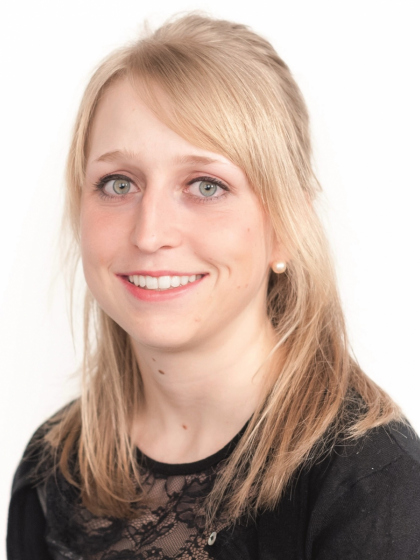 Sophie Lacher is a research assistant at University of Kaiserslautern-Landau (RPTU).
Sophie Lacher is a research assistant at University of Kaiserslautern-Landau (RPTU).
Her main research interests include: adult education and digitalization; respondent, participants and target group; professionalization in adult education; crisis and civil protection education.

Stefanie Kröner received her PhD in education with a thesis on the empowerment of women from underprivileged social groups in India, in 2019. In 2015, she did a two-month research stay at Delhi University and International Institute for Lifelong and Adult Education in India. After working several years as a research associate at Würzburg University, Stefanie Kröner started working in scientific management and now focuses consulting, organisational development and continuing professional development at evalag (Evaluationsagentur Baden-Württemberg).
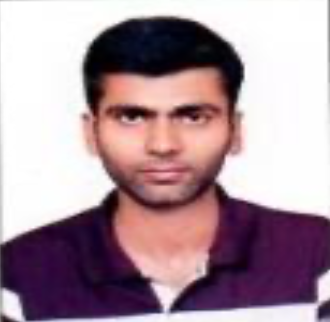 Mr. Nitish Anand is a Research Scholar and Guest Faculty Member at the Department of Adult, Continuing Education and Extension, University of Delhi, India. Before that, he was a Guest Faculty Member at the Indira Gandhi National Open University.
Mr. Nitish Anand is a Research Scholar and Guest Faculty Member at the Department of Adult, Continuing Education and Extension, University of Delhi, India. Before that, he was a Guest Faculty Member at the Indira Gandhi National Open University.
He holds a PhD in Higher Education Employability Policy from the University of Delhi, India.
Dr. Rajendra Prasad is an Assistant Professor at the University of Burdwan, West Bengal, India. Before that, he worked as and Assistant Professor on Ad-hoc basis in the Department of Political Science, Janki Devi Memorial College, University of Delhi.
He received his PhD in 2021 with a thesis titled ‘Political Economy of the Egyptian Uprising: Removal of Mubarak and Morsi Regimes’.
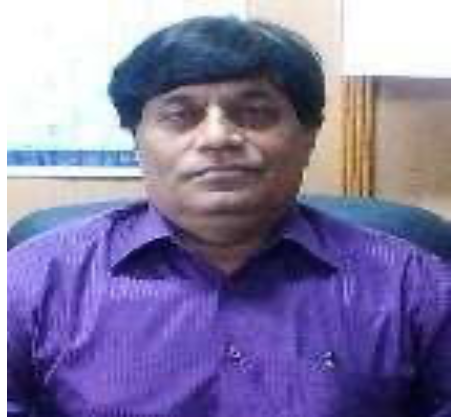 Dr. Rajesh Kumar is a Professor and Head of DACEE at University of Delhi, India.
Dr. Rajesh Kumar is a Professor and Head of DACEE at University of Delhi, India.
His research interests include adults continuing education, lifelong learning and population education, counseling and guidance, elderly population and transgender people. He is a lecturer on adult and lifelong learning, social development, and elderly population.
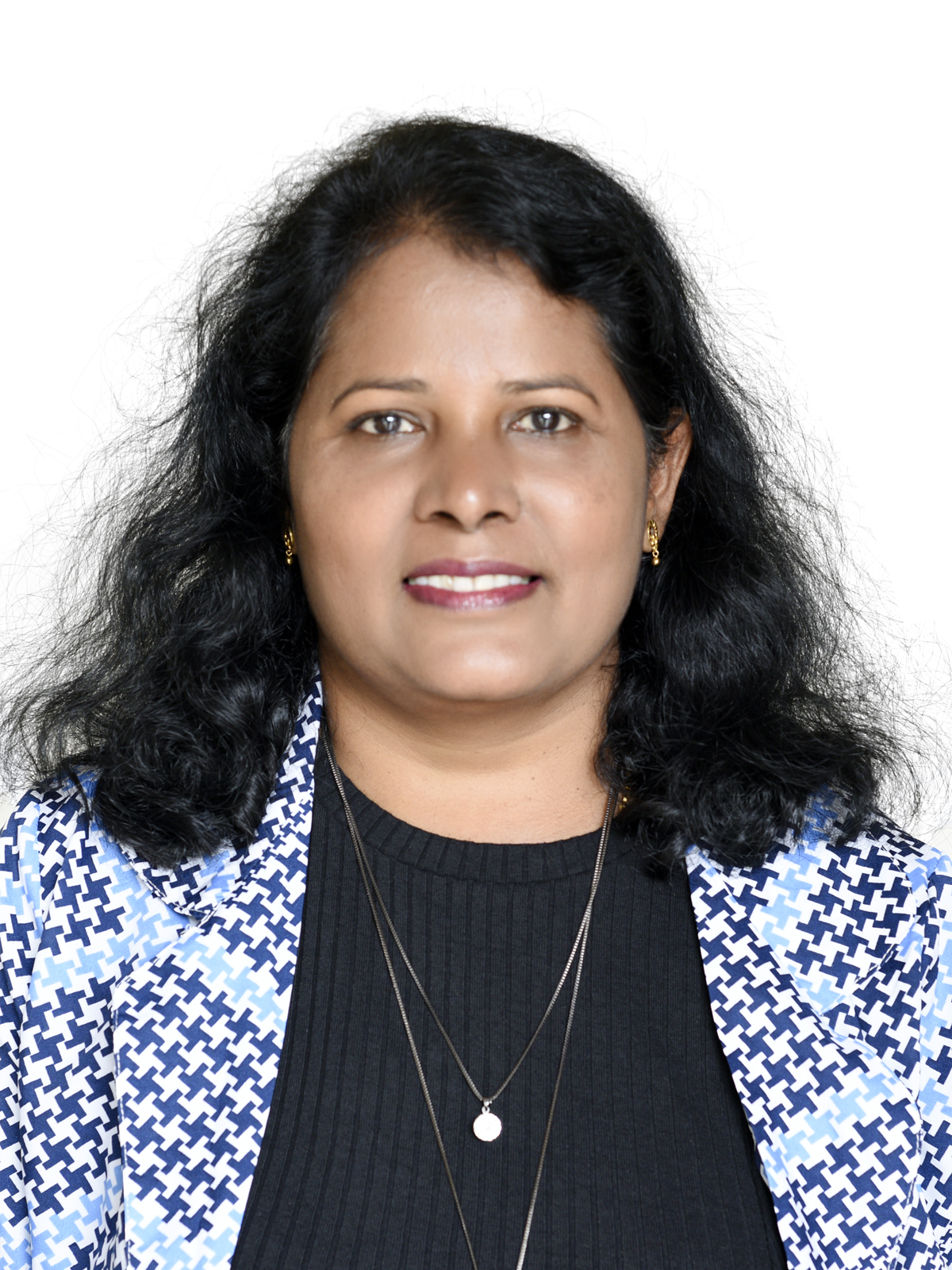
Rajula Vethanayagam currently holds the position of Regional Manager, South Asia Centre, Bangalore with Globethics which is an international forum committed to Ethics in Higher Education with its home office based in Geneva, Switzerland.
Rajula Vethanayagam has done her BA in Economics and she holds triple masters MA in English Literature, Masters in Social Work and MA in International Relations. She has completed her Batchler in Education in English and Social Studies. She has done a one-year intensive leadership course on Post Graduate Diploma on Ecumenical Youth Work with the National Council of YMCA’s in India. She is currently pursuing her Ph.D at Srinivas University, Mangalore.
Ms. Rajula has served as a Faculty at New Horizon Engineering College, Bangalore with the Basic Science and Humanities Department. She has served with reputed international schools in Bangalore and served as English HOD. She brings in lot of teaching experience working in the Maldives as English Teacher with the Education Ministry of Maldives and Maldives College of Higher Education.
She has worked with Student Christian Movement of India as its Regional Secretary, Ecumenical Christian Centre heading the Women’s Department, YWCA of India as its National Youth Coordinator and added values to the growth and promotion of the organisations vision and goals. She has excellent leadership qualities.
She has proven record of conducting more than 150 events: institutes, certificate courses, leadership programmes for youth, Women Empowerment Programmes, seminars, Conferences, workshops, symposiums, dialogues, work camps, live in experience camps, issue-based programmes on Indian Social Reality, etc.
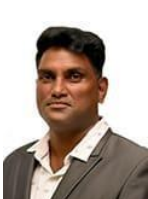
With 22 years of teaching experience, Dr. Vasanthan has a publication record, covering articles and books on ELT methodologies, language teaching, literature, and cultural studies. He has authored textbooks on English communication and soft skills specifically tailored for students in the northeastern region of India. His contributions to literature include the publication of an anthology titled “Wings of Conscience.”
Beyond academia, Dr. Vasanthan engages himself as a resource person for FDPs, workshops, training programs, and orientations. As a mentor, he has guided numerous students, overseeing M.A., and M.Phil., projects and currently providing guidance to Ph.D. scholars.
Scopus_ID Scopus Author ID: 56586186000
Web of Science Researcher ID: HGC-5165-2022 ORCID_ID https://orcid.org/0000-0002-7193-4711
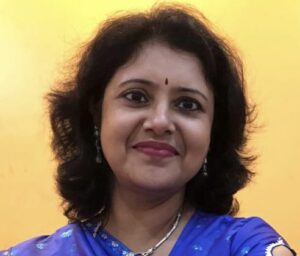
• Dr. Shnaoli Chakraborty Acharya is an Assistant Professor in the Department of Education at West Bengal State University, India, with 15 years of experience in teaching, designing and developing curricula and training In-service teachers. With a rich academic background, she served as an Assistant Professor in the Foundation Course at Calcutta Girls’ B.T. College in Kolkata, West Bengal, for almost two years and in various other Teacher Education institutions.
• Her interest areas comprise Psycho-variables in Education, Leadership and Management in Education, Women’s Studies, Lifelong Learning, and Techno-pedagogy.
• She obtained her PhD in Educational Psychology from the University of Kalyani in 2011; Lap Lambert Publishing House, Germany, has published the thesis, Enhancing Achievement in English Learning- Influence of Psycho-variables on English Learning.
• She has presented papers and addressed over 40 International, National, and State Conferences. She has published Research papers in International and National peer-reviewed Journals and contributed Chapters in different Edited Volumes like American Scholarly Press, USA, Asian Journal of Inclusive Education (AJIE), Bangladesh, NORRAG, Switzerland, etc., and credited with three edited books from National publishers.
• In addition to her academic achievements, Dr Acharya is actively participating in research projects and initiatives. She is the Principal Investigator of “Physical and Psycho-social Safety of School Children in West Bengal: An Evaluative Study”, a Minor Research Project funded by the Indian Institute of Teacher Education, Gujarat, India. (Ongoing)
• She is the Project Director of “Global Trends in School Education Reforms”, a funded project by the Education Technology and Management Academy (ETMA), India. (Ongoing)
• She was awarded a grant by the National Commission for Women, New Delhi, for conducting a webinar on “Women at Workplace: Is Gender Equality Still at Crossroads?”
• Dr Acharya holds memberships in esteemed organisations. She is a member of the Asia Europe Meeting Lifelong Learning (E-ASEM), Ireland; Chairperson of the West Bengal Chapter and National Publication Secretary of the Council of Educational Administration and Management (CEAM), Kerala, India; the Editor of the Teacher Education Journal of Bangladesh (TEJB), and the Member of the Indian Association of Adult Education, New Delhi, India.
• She has supervised 17 Postgraduate candidates for the Dissertation from the Department of Education, WBSU, and three scholars are pursuing Ph. D.s under her current guidance.
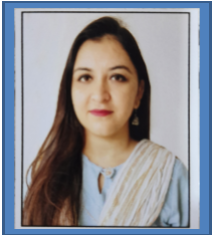 Sona Khan is an Assistant Professor at the Regional Institute of Science &Technology, affiliated to North East Hill University, Meghalaya, India.
Sona Khan is an Assistant Professor at the Regional Institute of Science &Technology, affiliated to North East Hill University, Meghalaya, India.
She has been teaching courses in:
- Academic behavior of how people interact within groups and its principles.
- Management of industrial processes
- Principles of Management
- Understanding planning techniques and methods for engineering and operations management
- Management information system and its applications in modern day organizations
- Professional ethics &Intellectual Property Rights- importance and applications for engineers
- Marketing Strategies &Planning- approach to achieving competitive advantage
Her awards and achievements:
- Best Teacher Award 2011, ERD Foundation for Dedicated Efforts in Teaching and Mentoring Distance Learning Students, Sikkim Manipal Study Centre, Guwahati, Assam.
- Entrepreneurship Award for Best Stall, International Business Horizon, Business Fest 2009, Amity International Business School. (Amity Business Summit, 2008)
- Best All-Rounder Student Award 2007, International Institute of Management & Technology, College Annual Fest, IIMT (Meerut)
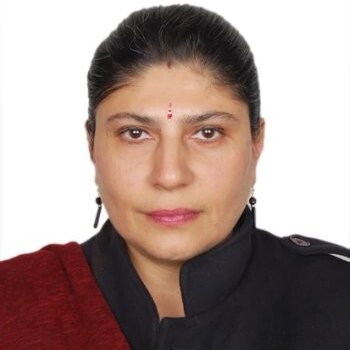 Dr. Shikha Kapur is a highly accomplished academician and researcher based in New Delhi, India. She is currently serving as a professor and head of the Department of Adult & Continuing Education and Extension, Jamia Millia Islamia University.
Dr. Shikha Kapur is a highly accomplished academician and researcher based in New Delhi, India. She is currently serving as a professor and head of the Department of Adult & Continuing Education and Extension, Jamia Millia Islamia University.
Dr. Kapur completed her PhD at Health Communication from Jamia Millia Islamia and has years of experidence in teaching and research in the field of adult learning, along with two published books: Motivation and Adult Learning (Skyline Publications), and A Guide Book on Teaching Aids (published by State Resources Centre). Dr. Kapur is a highly respected figure in her field and has contributed significantly to the advancement of adult learning in India.
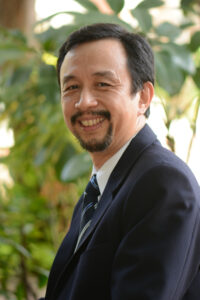 Rijanto Purbojo holds a doctorate degree in Instructional Technology from University of Twente, The Netherlands. He has been working in the area instructional technology for higher education for more than 20 years.
Rijanto Purbojo holds a doctorate degree in Instructional Technology from University of Twente, The Netherlands. He has been working in the area instructional technology for higher education for more than 20 years.
Currently he is a faculty member of Department of Psychology and Master of Science Program of Educational Technology at Universitas Pelita Harapan, Jakarta, Indonesia (https://www.uph.edu/en/). Besides his teaching duties, Rijanto is working as the Director of Center for Teaching and Learning at the same university. His work and research interest is in the area of educational innovations, integration of technology in teaching and learning to improve quality of learning toward student success, online course quality assurance framework, Microcredentials, and Blended Learning Strategy.
Besides his duties in Universitas Pelita Harapan, since 2021 Rijanto has been actively involved in establishing Indonesian Cyber Education Institute (ICE-I, https://icei.ac.id/), founded by Ministry of Education, Culture, Research, and Technology Republic of Indonesia and contributing to ICE-I collaborative research program in the area of developing online learning quality assurance toolkit, establishment of Microcredential course development and quality standards.
Recent publications:
https://scholar.google.com/citations user=9eqa3McAAAAJ&hl=en
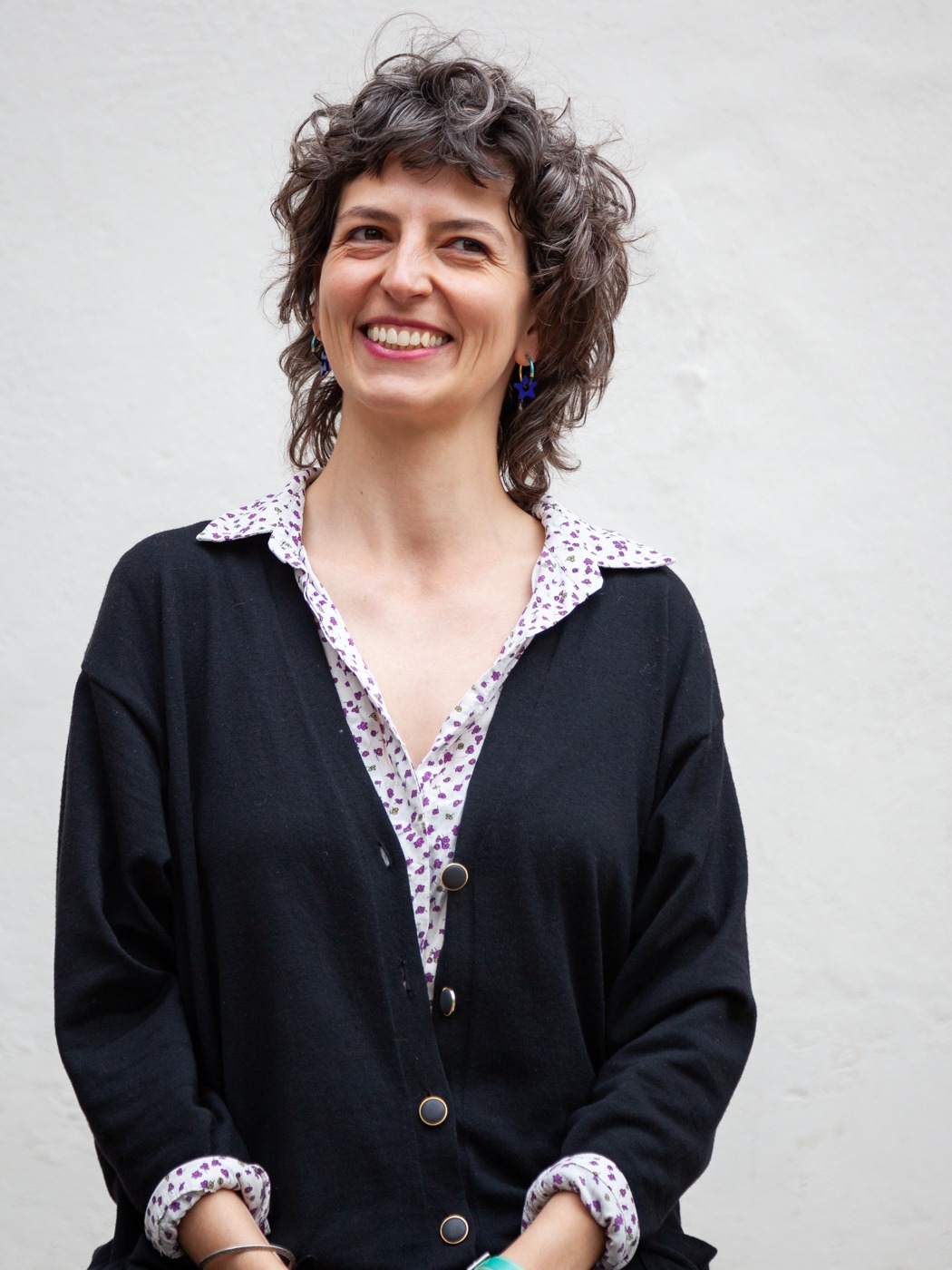 Gaia Del Negro, PhD in Education (Canterbury Christ Church University, UK), is an independent researcher and practitioner. Graduated in Intercultural Studies, MA in Training and Development of Human Resources in the University of Milano-Bicocca, after a sabbatical in South East Asia and since her MA thesis on non-traditional students and resilience she has been interested in narrative and performative approaches to look at professional lives. Her study about “An Auto/biographical, Cooperative Study on our Relationships to Knowing” in higher education, health and social work produced an interdisciplinary framework illuminating professionals’ struggle to resist dominant discourses of professional knowing, and some methodological recommendations about how to foster reflexive processes through aesthetic engagement with cultural artefacts.
Gaia Del Negro, PhD in Education (Canterbury Christ Church University, UK), is an independent researcher and practitioner. Graduated in Intercultural Studies, MA in Training and Development of Human Resources in the University of Milano-Bicocca, after a sabbatical in South East Asia and since her MA thesis on non-traditional students and resilience she has been interested in narrative and performative approaches to look at professional lives. Her study about “An Auto/biographical, Cooperative Study on our Relationships to Knowing” in higher education, health and social work produced an interdisciplinary framework illuminating professionals’ struggle to resist dominant discourses of professional knowing, and some methodological recommendations about how to foster reflexive processes through aesthetic engagement with cultural artefacts. 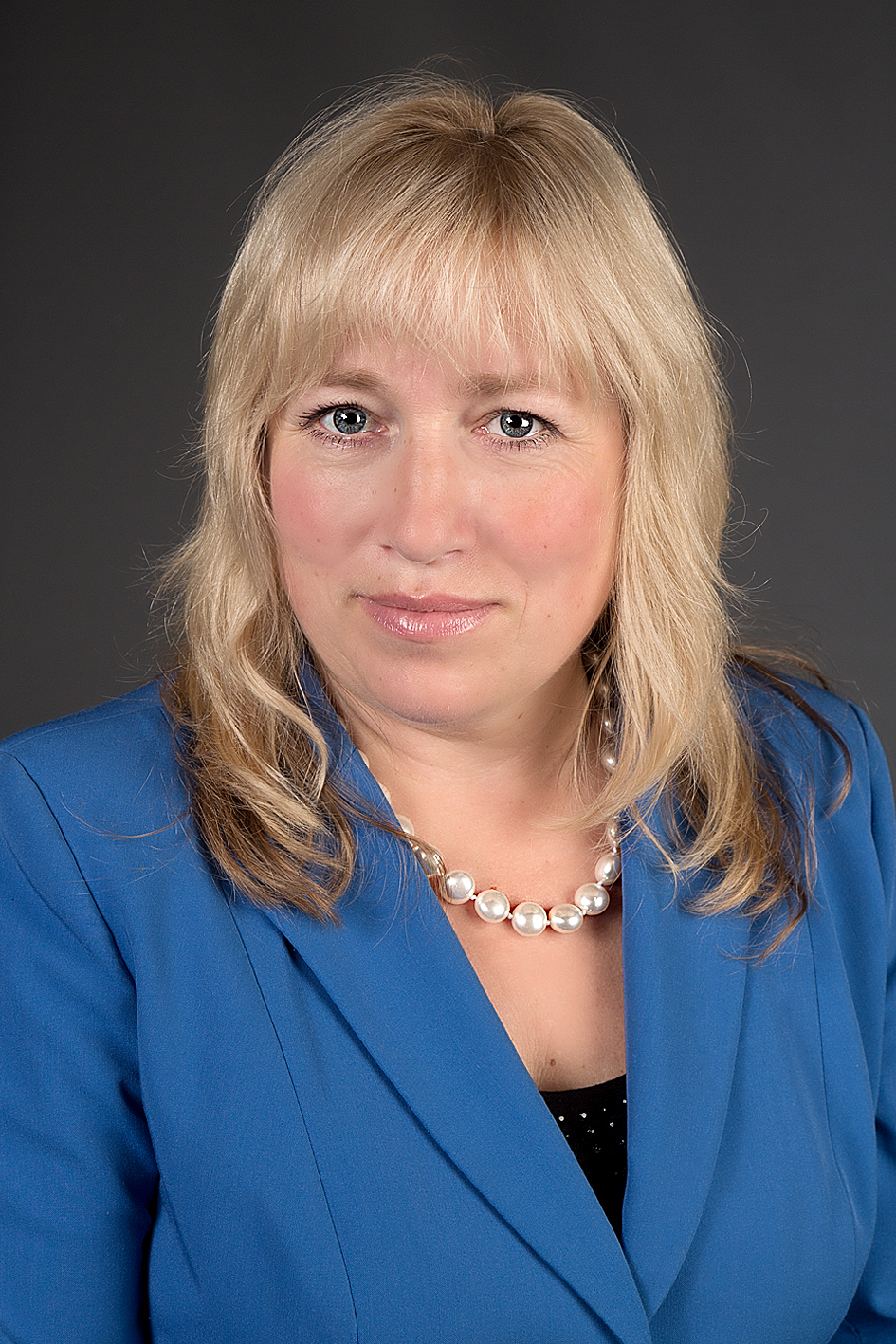 Andra Fernate, Doctor of Pedagogy, Professor and Vice-rector of Studies since 2009 at Latvian Academy of Sport Education in Latvia. She is the author of more than 70 papers on sport science, LLL quality, effectiveness, quality assurance in education, sociocultural approach to developing core competences in the life wide learning, etc. in internationally reviewed editions, one monograph and four book chapters on education and learning in HEIs, development of core competences. She is also member of the editorial board of the Journal ‘LASE Journal of Sport Science’. She was a member of ASEM LLL Hub, Research NW5 ‘ASEM LLL Core Competences’ and is a Vice-president of the Baltic Sport Science Society, a Co-convenor of EERA NW11 ‘Educational Improvement and Quality Assurance’ and Expert of the Academy of Sciences of Latvia in Educational Sciences and was Expert of the Sport Science. Currently Andras Fernate’s research interests are related to the investigation of the telework, development of the professional identity and LLL quality.
Andra Fernate, Doctor of Pedagogy, Professor and Vice-rector of Studies since 2009 at Latvian Academy of Sport Education in Latvia. She is the author of more than 70 papers on sport science, LLL quality, effectiveness, quality assurance in education, sociocultural approach to developing core competences in the life wide learning, etc. in internationally reviewed editions, one monograph and four book chapters on education and learning in HEIs, development of core competences. She is also member of the editorial board of the Journal ‘LASE Journal of Sport Science’. She was a member of ASEM LLL Hub, Research NW5 ‘ASEM LLL Core Competences’ and is a Vice-president of the Baltic Sport Science Society, a Co-convenor of EERA NW11 ‘Educational Improvement and Quality Assurance’ and Expert of the Academy of Sciences of Latvia in Educational Sciences and was Expert of the Sport Science. Currently Andras Fernate’s research interests are related to the investigation of the telework, development of the professional identity and LLL quality.
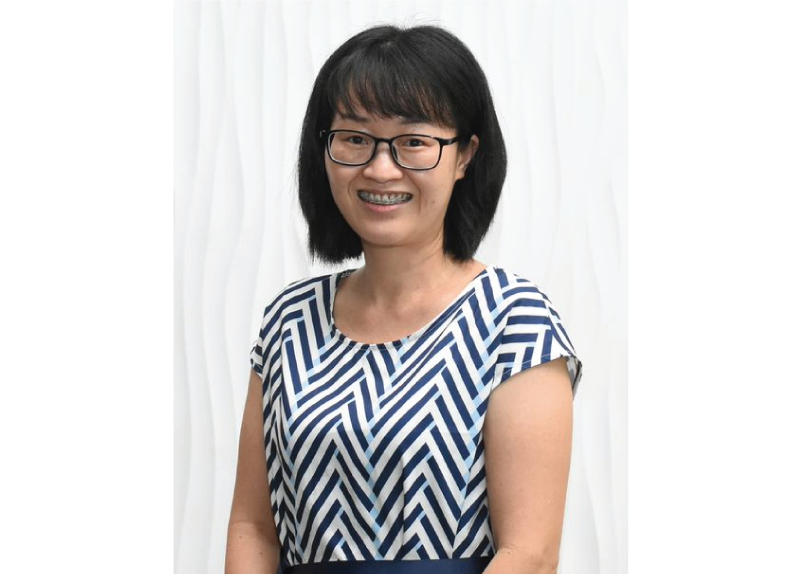 Janice Wong is Senior Teaching Fellow at Centre for American Education, Sunway University. She holds a Bachelor’s degree in Manufacturing Engineering and a Master’s degree in Applied Statistics from University of Malaya, Malaysia. She started off as an engineer but due to her passion and love for teaching, she made a career transition into the education industry. At Sunway University, she has received the Student Appreciation in Teaching award. She recently discovered a new love for research, realising that research not only increases her personal knowledge but more importantly, develops and strengthens her pedagogical skills.
Janice Wong is Senior Teaching Fellow at Centre for American Education, Sunway University. She holds a Bachelor’s degree in Manufacturing Engineering and a Master’s degree in Applied Statistics from University of Malaya, Malaysia. She started off as an engineer but due to her passion and love for teaching, she made a career transition into the education industry. At Sunway University, she has received the Student Appreciation in Teaching award. She recently discovered a new love for research, realising that research not only increases her personal knowledge but more importantly, develops and strengthens her pedagogical skills.
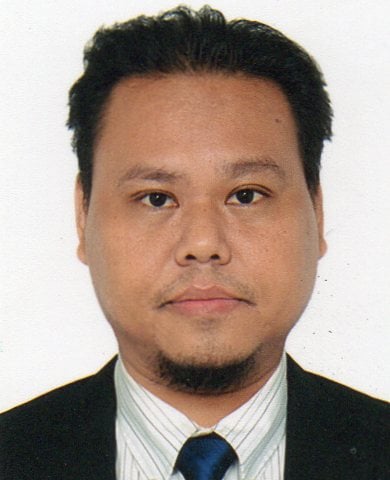 ADONIS P. DAVID is Professor of Psychology and the Director of the Educational Policy Research and Development Centre (EPRDC) in the Philippine Normal University (PNU), Philippines. He is currently teaching graduate courses on educational research methods and applied statistics in the same university. He also presently serves as an educational testing and data analysis consultant with a private company specialising in educational assessment of learners in basic education schools.
ADONIS P. DAVID is Professor of Psychology and the Director of the Educational Policy Research and Development Centre (EPRDC) in the Philippine Normal University (PNU), Philippines. He is currently teaching graduate courses on educational research methods and applied statistics in the same university. He also presently serves as an educational testing and data analysis consultant with a private company specialising in educational assessment of learners in basic education schools.
Dr. David is actively involved in research projects encompassing a broad range of research themes within counseling, educational assessment, and educational psychology. He has published research articles and books in these areas. His current research interests center on culturally-rooted beliefs and academic outcomes, educational policy analysis, lifelong learning and career development, and psychological well-being of teachers and learners.
Dr. David is a registered guidance counselor and a Fellow of the Philippine Educational Measurement and Evaluation Association (PEMEA) where he also serves as a board member since 2014. He obtained his Doctor of Philosophy in Educational Psychology from De La Salle University, Philippines.

António Fragoso is an Associate Professor at the University of Algarve, Portugal. He is one of the editors of the European Journal for Research on the Education and Learning of Adults (RELA), and the coordinator of the Research centre on adult education and community intervention (CEAD – https://cead.ualg.pt/). His research focuses on various issues within the adult education field.
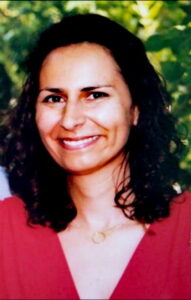 Catarina Doutor holds a PhD in Education, in the specialization of Adult Education from the University of Lisbon (Portugal). Her PhD in Education focused on biographical transitions of African Portuguese-speaking countries at the University of Lisbon (Portugal). She has participated in research projects that focus on the themes of literacy, adult education and non-traditional students in higher education.
Catarina Doutor holds a PhD in Education, in the specialization of Adult Education from the University of Lisbon (Portugal). Her PhD in Education focused on biographical transitions of African Portuguese-speaking countries at the University of Lisbon (Portugal). She has participated in research projects that focus on the themes of literacy, adult education and non-traditional students in higher education.
During the 2017 until 2021, she was a moderator in the Comparative Studies in Adult Education and Lifelong Learning (COMPALL) and International and Comparative Studies for Students and Practitioners in Adult Education and Lifelong Learning (INTALL) at the Juluis-Maximilians University of Würzburg (Germany).
Since January 2022, she is member of the Research Centre on Adult Education and Community Intervention (CEAD) at the University of Algarve. Currently, she is an Invited Assistant Professor at the Faculty of Social and Human Sciences at the University of Algarve. She is lecturer of Sociology of Education in the BSc in Educational Sciences and Training.
Her research focuses on adult education, transition to higher education, African students, racism and discrimination. Contact: cdoutor@ualg.pt
Selected publications:
1. Doutor, C. & Alves, N. (2022). Formação experiencial e aprendizagem biográfica: refletir para atribuir sentidos às experiências? Educação e Pesquisa, 48, 1-17. DOI: 10.1590/S1678-4634202248241700por
2. Doutor, C. & Alves, N. (2020). How do I see myself? How do others see me? Exploring the identities of students from the African Portuguese-Speaking countries in Higher Education. In B. Merrill, C. C. Vieira, A. Galimberti, & A. Nizinska (Eds.) Adult education as a resource for resistance and transformation: Voices, learning experiences, identities of student and adult educators (pp.191-198). FPCE-UC, CEAD-UAlg e ESREA.
3. Alves, N., Schmidt-Lauff, S., Doutor, C. & Campos, L. (2020). Contexts of Recognition of Prior Learning: A Comparative Study of RPL Initiatives in Brazil, Portugal and Germany. Andragogical Studies, n.2, 87-110. DOI: 10.5937/AndStud2002087A.
4. Choi, E., Doutor, C., Terzaroli, C. & Wei, G. (2018). Employability for the professionalization in Adult Education: A comparative study on the dimension of transitions. In V. Boffo (Ed.) Giovani adulti tra transizioni e alta formazione. Strategie per l’employability. Dal Placement al Career Service (pp. 85- 103). Pacini Editore.
5. Wei, G., Choi, E., & Doutor, C. (2017). Initiatives to support Employability of young adults: comparative policy analysis of China, Portugal and the Republic of Korea. In R. Egetenmeyer, S. Schmidt-Lauff & V. Boffo (Eds.) Adult Learning and Education in International Contexts: Future Challenges for its Professionalisation (pp. 25-38). Peter Lang.

 Liliana Paulos completed a PhD in Educational Sciences in 2022 (Universidade do Minho), MSc in Educational
Liliana Paulos completed a PhD in Educational Sciences in 2022 (Universidade do Minho), MSc in Educational
and Training Sciences in 2014 (Universidade do Algarve) and BSc in Social Politics in 2006 (Universidade de
Lisboa). Currently, she is a researcher in Centro de Investigação em Educação de Adultos e Intervenção
Comunitária (CEAD) and Invited Assistant Professor (Faculdade de Ciências Humanas e Sociais, Universidade
do Algarve). She has published 10 articles in peer reviewed journals (7 of which as first author and 3 as senior
author); has 9 sections of books (3 as first author) and 1 book; has 7 manuals of scientific dissemination (4 of
which as first author); organized 9 events (2 of which as coordinator of organising committee) and participated
in 37 scientific events (25 as the first speaker). She participates and/or participated as Researcher in 6 national
and internacional scientific projects. She received 4 awards/ distinctions. She is a postdoctoral researcher in
the project “Career management of Higher Education graduates: personal resources and institutional support”
(UIDB/05739/2020 CEAD BASE). She lectures (with full responsibilities) the courses of Professional Insertion
and Labour Market (2021/2022 – 2022/2023), Social and Educational Policies (2021/2022) both in the MSc in
Educational Sciences, and Training, Transitions and Professionalism (2022/2023) in the BSc in Educational and
Training Sciences at Universidade do Algarve. Since 03/2022, she is a coordinator of the Scientific
Dissemination Program to the community of CEAD – Universidade do Algarve. Since 11/2022 she is an external
evaluator of the project “Viver Com Paixão” of the Delegação Faro/Loulé – Cruz Vermelha Portuguesa. She
works in the area(s) of Social Sciences with emphasis on Educational Sciences, Educational Psychology and
Adult Education. In her professional activities she interacted with 29 collaborator(s) co-authorship of scientific
papers, section(s) of books, books and manuals. In her curriculum Ciência Vitae the most frequent terms in the
context of scientific output are: Higher Education, university-to-work transition, employability, competencies,
identity, self-efficacy, non-traditional students/graduates, career development.
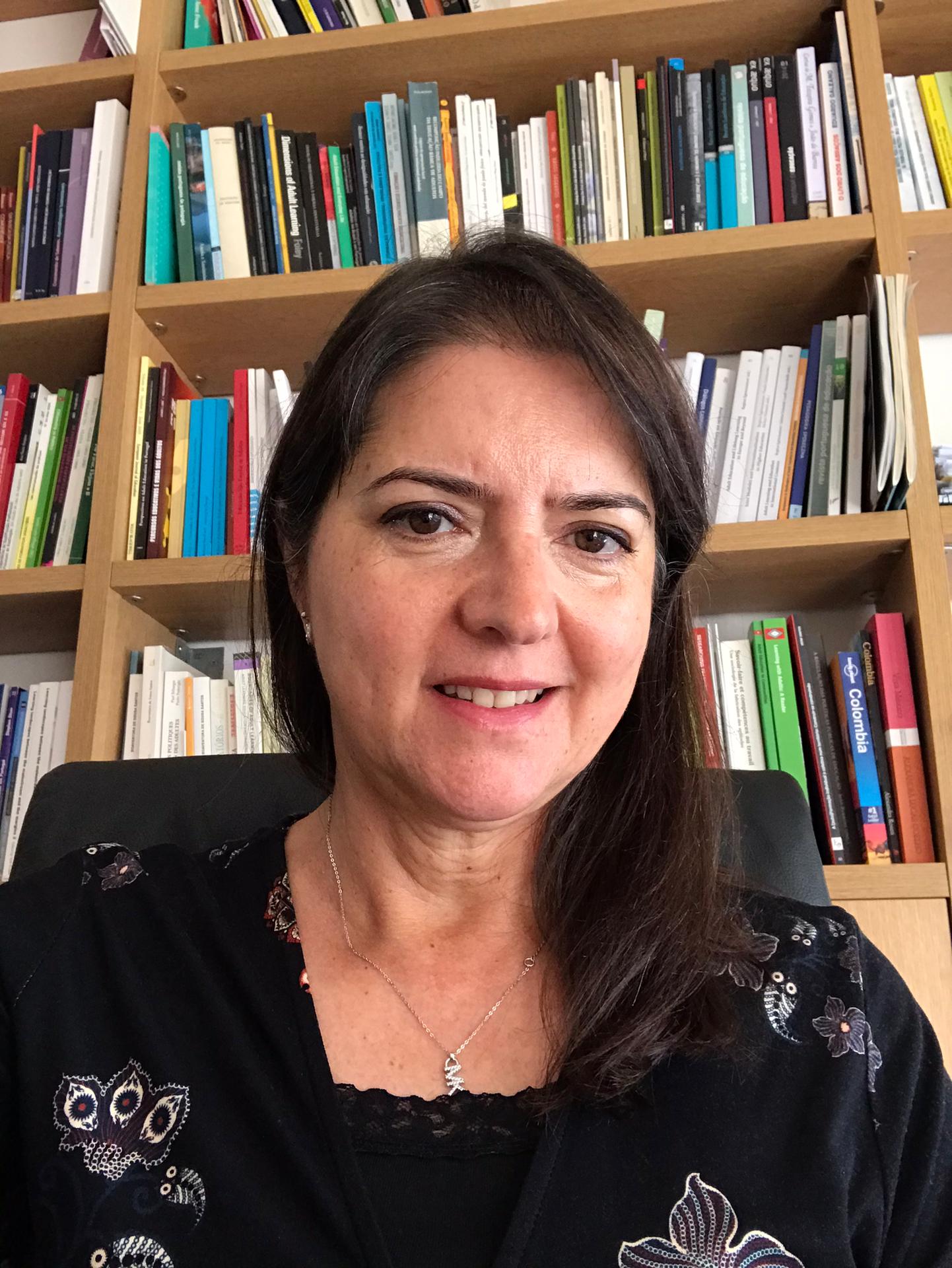 Paula is an Assistant Professor at the Institute of Education of the University of Lisbon since January 2012. She is a lecturer of subjects concerning adult education such as Adult Education, Local Development and Community Intervention, Training in Work Contexts and Social Economy and Education. She is a member of the Unit for Research and Teaching on Policies of Education and Training of this Institute since January 2012.
Paula is an Assistant Professor at the Institute of Education of the University of Lisbon since January 2012. She is a lecturer of subjects concerning adult education such as Adult Education, Local Development and Community Intervention, Training in Work Contexts and Social Economy and Education. She is a member of the Unit for Research and Teaching on Policies of Education and Training of this Institute since January 2012.
She was a researcher at the Unit for Adult Education of the University of Minho from February 1992 to December 2011. She is a member of several national and international research project teams on adult education, policies of adult education, training in work contexts, practices of adult education.
She was an Invited Professor at the Juluis-Maximilians University of Würzburg (Germany) within the COMPALL – Winter School on Comparative Studies in European and International Strategies of Lifelong Learning and part of the ERASMUS Intensive Programme (2013-2014/2014- 2015).
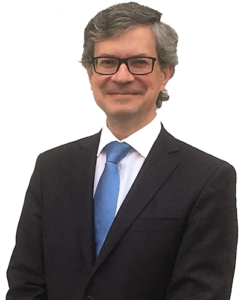
Luís Miguel Cardoso holds a PhD in Modern Languages and Literatures, in the speciality of Comparative Literature from the University of Coimbra, Portugal. He was Dean of the School of Education and Social Sciences of the Polytechnic Institute of Portalegre, Portugal, between 2010 and 2018 and Deputy Director of the Master in Media and Society. He was President of ARIPESE, Association of Reflection and Intervention in the Educational Policy of Higher Education Schools in Portugal (2015 – 2018) and Coordinator of the Communication Bureau of the Polytechnic Institute of Portalegre (2013 – 2017).
Adjunct Professor at the Department of Language and Communication Sciences at the School of Education and Social Sciences of the Polytechnic Institute of Portalegre, Portugal, he has been a professor of Higher Education since 1995 and is currently a researcher at the Centre for Comparative Studies at the University of Lisbon.
His main areas of teaching and research are Sciences of Language and Communication, Pedagogical Innovation, Literacies, Education, Higher Education and Social Responsibility, and Literature and Cinema, under which published articles and book chapters and made presentations in Portugal and several countries, including USA, Brazil, Chile, Colombia, Spain, Luxembourg, France, Switzerland, United Kingdom, Ireland, Italy, Greece, Hungary, Georgia, Bulgaria, Poland, Romenia, Canada, Thailand, Vietnam, Turkey, Ukraine, Philippines, Thailand, Indonesia, United Arab Emirates, Iraq, Australia, Pakistan, Uzbekistan, Bangladesh, Saudi Arabia, Mozambique, China and India.
He is a member of several international organizations and associations, as well as a member of the editorial board of international journals in the areas of Language and Communication Sciences, Comparative Literature, Literature and Cinema, Literacies and Education.
 Dr Katarina Popovic studied Andragogy at the Faculty of Philosophy, University of Belgrade, Serbia, and has PhD in philosophy/adult education from University of Aachen, Germany. She is Professor at the Department for Andragogy, Faculty of Philosophy, University of Belgrade.
Dr Katarina Popovic studied Andragogy at the Faculty of Philosophy, University of Belgrade, Serbia, and has PhD in philosophy/adult education from University of Aachen, Germany. She is Professor at the Department for Andragogy, Faculty of Philosophy, University of Belgrade.
Dr Katarina Popovic is Secretary General of ICAE – International Council for Adult Education and Vice-President of the ISCAE – International Society for Comparative Adult Education, and the President of the Serbian Adult Education Society. For many years she was the vice president of EAEA (European Association for the Education of Adults), and coordinator of German DVV International for South East Europe, participating and coordinating numerous projects, both research and applied ones, also national, regional and global.
She currently holds the position of the co-chair of the Academia and Education Stakeholder Group in the UN DESA system and she is member of the Steering Group of the HLPF Coordination Mechanism in that system.
Dr Popović is member of International Adult and Continuing Education Hall of Fame and Honorary fellow of UNESCO Institute fir Lifelong Learning.
Dr Popović is member of several relevant European and international organisations, editor in chief of the journal “Andragogical studies” and author of numerous publications, articles and books on andragogy, lifelong learning and adult education. She is certified trainer (Swiss) in adult education with rich experience in trainings worldwide.
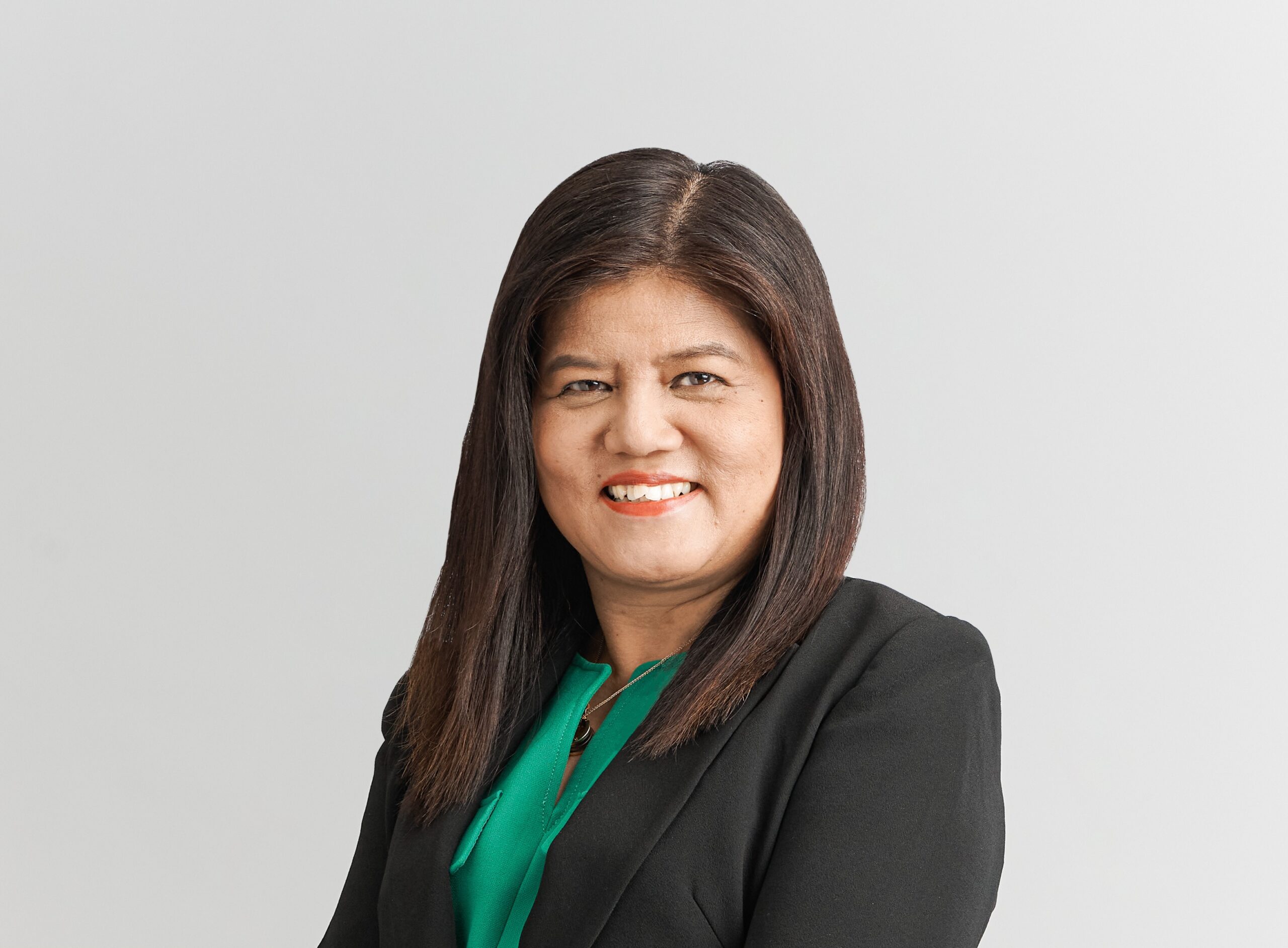
Renée is Director of the Research Division at the Institute for Adult Learning, an autonomous Institute at the Singapore University of Social Sciences. She leads IAL’s applied and innovative research efforts to provide a strong knowledge base for the development of practice in CET, sustainable economic and workforce performance, and informed policies and practices. Her previous roles at the IAL include being the Director of the Centre for Innovation and Development, as well as leading the professionalisation and growth of Adult Educators in the Training and Adult Education community in Singapore.
Renée’s research interests include Lifelong Learning, Adult Learning, Human Development, National Narratives and Diversity, Inclusivity and Equality.
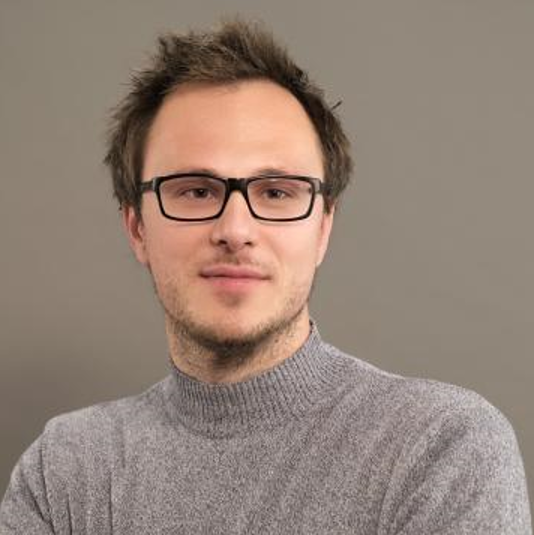 Borut Mikulec is Associate Professor for Adult Education at the Department of Educational Sciences, Faculty of Arts, University of Ljubljana. He teaches several bachelor and master courses: Comparative adult education, International perspectives on adult education, and Sociology of adult education.
Borut Mikulec is Associate Professor for Adult Education at the Department of Educational Sciences, Faculty of Arts, University of Ljubljana. He teaches several bachelor and master courses: Comparative adult education, International perspectives on adult education, and Sociology of adult education.
His fields of research are: comparative adult and continuing education, the role of transnational organisations (EU, OECD, UNESCO) in education policy, European and national qualifications frameworks, professional development of adult educators, recognition of prior learning, continuing vocational education and active citizenship.
He is currently involved in research project “Lifelong learning of adults for sustainable development and the digital breakthrough” and project “Pedagogical and andragogical studies – Learning and education for a good-quality life in community”.
He is a member of international associations in the field of adult education, such as European Society for Research on the Education of Adults (ESREA) and International Society for Comparative Adult Education (ISCAE).
From 2017 on, he is editor in chief of the international scientific journal “Studies in Adult Education and Learning”.
Tadej Košmerl is a PhD student and Teaching Assistant for adult education at the Department of Educational Sciences, Faculty of Arts, University of Ljubljana, where he coordinates andragogical practice and carries out tutorials in master courses Program planning in adult education and Educational Gerontology. His research focuses on adult education for sustainable development, international adult education policies, and transformative learning.
Selected publications:
Košmerl, T. (2021a). Kombinirani raziskovalni pristopi kot način združevanja kvalitativnih in kvantitativnih metod [Mixed Methods Research as a Way of Combining Qualitative and Quantitative Methods]. Journal of Contemporary Educational Studies, 72(1), 88–107.
Košmerl, T. (2021b). Od kolonialnega učenja do izobraževanja za trajnostni razvoj: Pregled izbranih konceptov izobraževanja o globalni soodvisnosti [From colonial learning to education for sustainable development: A review of selected educational concepts concerning global interdependence]. Studies in Adult Education and Learning, 27(1), 101–120.
Košmerl, T., Gontarska, M., Kim, Y., & Guimarães, P. (2020). Helping to Postpone the Last Whimper: Adult Learning and Education for Sustainable Development in the National Energy and Climate Plans of Poland, Portugal and Slovenia. Andragogical Studies, 2020(1), 53–76.
Košmerl, T., & Mikulec, B. (2021). ‘You have to run it like a company’: The marketisation of adult learning and education in Germany and Slovenia. European Journal for Research on the Education and Learning of Adults, 12(1), 47–63.
Košmerl, T., & Mikulec, B. (2022). Adult education for sustainable development from the perspective of transformative learning theories. Journal of Contemporary Educational Studies, 73(2), 164–179.
Košmerl, T., Miroshnikov, M., Aderibigbe, A. S., & Guimarães, P. (2022). UNESCO’s global reports on adult learning and education: Conceptual elements and political priorities in Nigeria, Russia, and Slovenia. Sisyphus, 10(3), 186–20
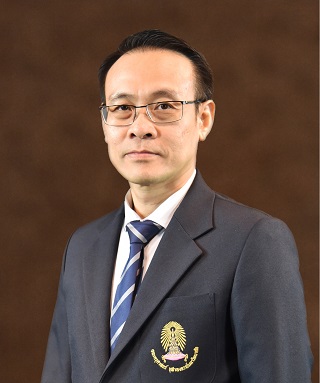 Wirathep Pathumcharoenwattana is an Associate Professor and the Head of Department of Lifelong Education, Faculty of Education, Chulalongkorn University, Thailand; the Director of Children and Youth Development Research Unit and Research and Innovation Development Center of Lifelong Learning for Elderly. He is providing teaching for Bachelor, Master and Doctoral Degree Students in Non-Formal Education at the Faculty of Education, Chulalongkorn University, Thailand. He has researched in Non-Formal Education, Lifelong Education, Adult and Elderly Education and Alternative Education published more than 30 titles. He has more than 60 peer review papers on Non-Formal Education, Adult and Older Adult Education, Lifelong Education and Alternative Education. He is a Board of East Asia Forum for Adult Education (EAFAE) and he is also a reviewer for >10 journals.
Wirathep Pathumcharoenwattana is an Associate Professor and the Head of Department of Lifelong Education, Faculty of Education, Chulalongkorn University, Thailand; the Director of Children and Youth Development Research Unit and Research and Innovation Development Center of Lifelong Learning for Elderly. He is providing teaching for Bachelor, Master and Doctoral Degree Students in Non-Formal Education at the Faculty of Education, Chulalongkorn University, Thailand. He has researched in Non-Formal Education, Lifelong Education, Adult and Elderly Education and Alternative Education published more than 30 titles. He has more than 60 peer review papers on Non-Formal Education, Adult and Older Adult Education, Lifelong Education and Alternative Education. He is a Board of East Asia Forum for Adult Education (EAFAE) and he is also a reviewer for >10 journals.
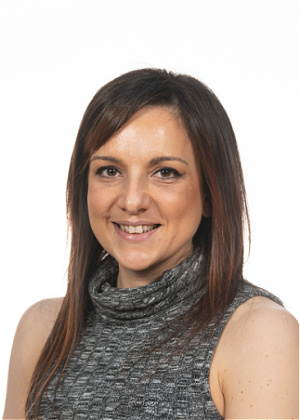 Gabriella Rodolico is a Senior Lecturer in Science Education (Biology) at the School of Education, University of Glasgow. She is a PhD level biotechnologist and qualified as Biology with Science teacher at the University of Strathclyde. She taught in secondary schools and higher education gaining a wide experience in this field. Since she joined University of Glasgow, her main research interests have focused on the implementation of innovative technology in Initial Teacher Education courses such as Virtual Reality and the impact that it has on student teachers. Nevertheless, during her time in the School of Education, she has also had the chance to further develop her other interest in internationalisation by engaging in several scholarship projects and taking on board the role of School of Education Director of Internationalisation. https://www.gla.ac.uk/schools/education/staff/gabriellarodolico/
Gabriella Rodolico is a Senior Lecturer in Science Education (Biology) at the School of Education, University of Glasgow. She is a PhD level biotechnologist and qualified as Biology with Science teacher at the University of Strathclyde. She taught in secondary schools and higher education gaining a wide experience in this field. Since she joined University of Glasgow, her main research interests have focused on the implementation of innovative technology in Initial Teacher Education courses such as Virtual Reality and the impact that it has on student teachers. Nevertheless, during her time in the School of Education, she has also had the chance to further develop her other interest in internationalisation by engaging in several scholarship projects and taking on board the role of School of Education Director of Internationalisation. https://www.gla.ac.uk/schools/education/staff/gabriellarodolico/
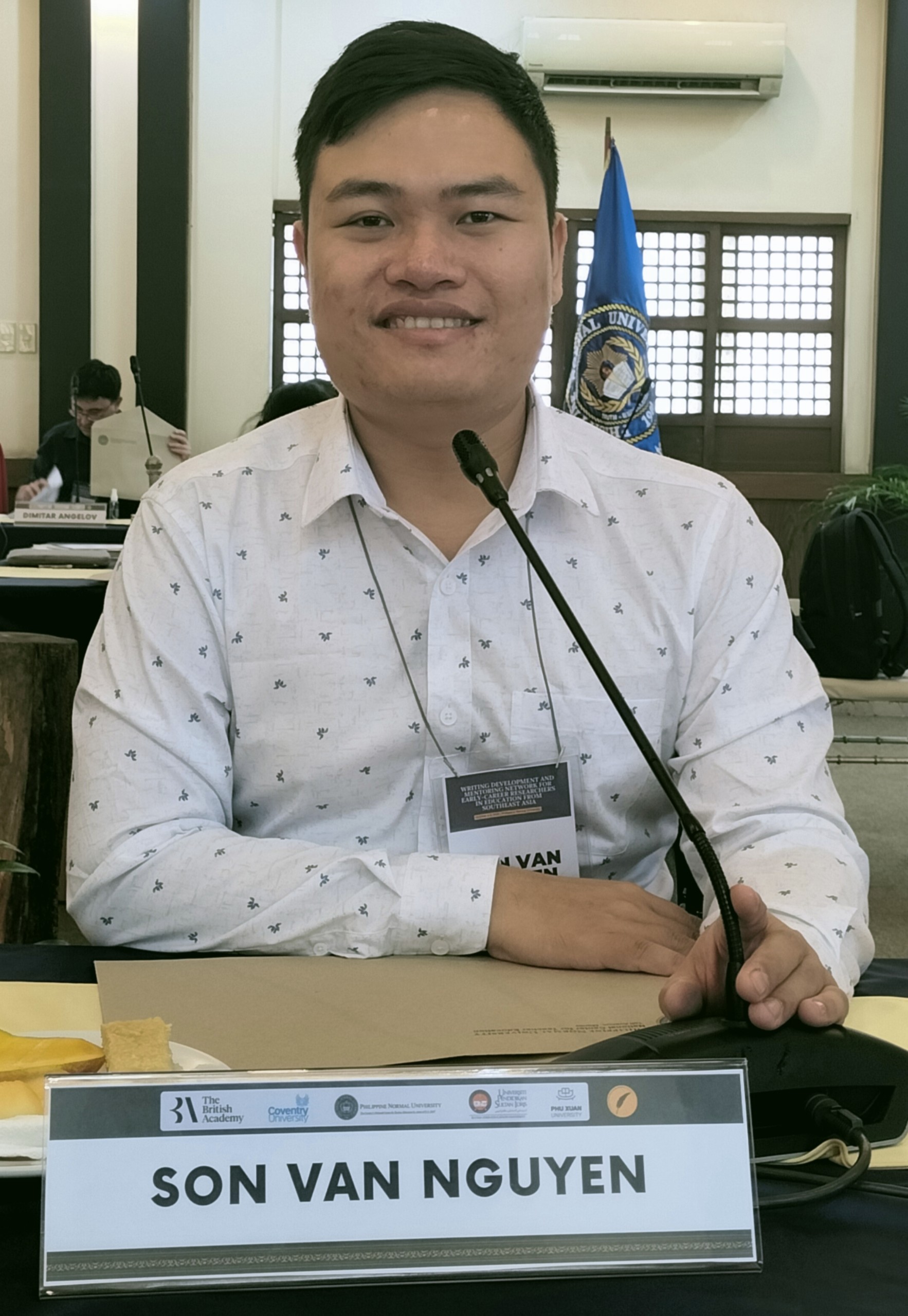
Dr. Son V. Nguyen is an EFL instructor and researcher at Thuyloi University, Vietnam. He obtained his Bachelor’s degree at University of Languages and International Studies (ULIS, VNU) with distinction in 2015 and Master’s degree at Victoria University, Australia in 2017. He was awarded his PhD degree in Educational Sciences with Summa Cum Laude at University of Szeged, Hungary in 2022. His research interests focus on (but not limited to) learner autonomy, teacher autonomy, teacher beliefs, learner perception, advocacy, global competences, lifelong learning, critical literacies and pedagogies, and teacher professional development. He has published his work on Heliyon, Electronic Journal of Foreign Language Teaching, Education Sciences, Language Learning in Higher Education, MEXTESOL, RELAY journal, and VNU Journal of Foreign Studies. He also presented his research at many national and international conferences such as AsiaCALL, Hungarian National Conference on Education, Training and Practice International Conference on Educational Science, International Conference on English for Occupational Purposes and VietTESOL International Convention. He was selected and funded to participate in the training programs on equitable higher education in Scotland (2019), global competences by Education New Zealand (online in 2021), educational technology in language teaching by RELO Vietnam, the US Embassy, Hanoi (online in 2022), English as a Medium of Instruction in Singapore (2023), digital connectivity in Vietnam (2023), grant writing and publication in the Philippines (2023). He was awarded the grant for Japan-related social sciences research by SUMITOMO Foundation, Japan in 2023. He can be contacted at nvson@tlu.edu.vn.
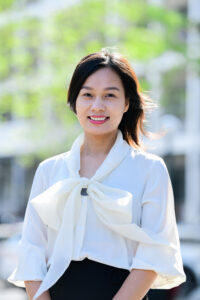 Dr. Nguyen Thi Huyen is currently a lecturer at the Department of Education Science and Technology at Hanoi University of Science and Technology. She obtained her doctoral degree in Educational Technology from National Central University in Taiwan in 2019. Her research interests include lifelong learning, e-learning, mobile learning, and AI, gamification…
Dr. Nguyen Thi Huyen is currently a lecturer at the Department of Education Science and Technology at Hanoi University of Science and Technology. She obtained her doctoral degree in Educational Technology from National Central University in Taiwan in 2019. Her research interests include lifelong learning, e-learning, mobile learning, and AI, gamification…
Throughout her research journey, Dr. Nguyen Thi Huyen has made significant contributions with numerous publications in high-quality international journals, such as the Computers & Education, Journal of Educational Technology & Society, Computer Assisted Language Learning, Journal of Educational Computing Research…
Currently, she serves as the Principal Investigator (PI) on various research projects. For instance, she is currently the Principal Investigator for a project funded by the Ministry of Education and Training in Vietnam on the application of metaverse in higher education.
She is actively seeking collaboration with researchers worldwide who share similar research interests.
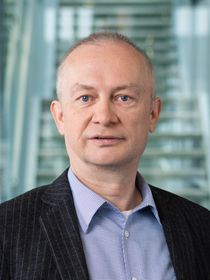 Thomas Pfeffer is researcher, lecturer and consultant at the Department for Continuing Education Research and Educational Technologies at the University for Continuing Education Krems, Austria. As a sociologist with a focus on educational and organizational sociology, he studies education as a functional system of world society and educational organizations as structures transversal to it.
Thomas Pfeffer is researcher, lecturer and consultant at the Department for Continuing Education Research and Educational Technologies at the University for Continuing Education Krems, Austria. As a sociologist with a focus on educational and organizational sociology, he studies education as a functional system of world society and educational organizations as structures transversal to it.
In recent years, he has been concerned with, among other things, literacy at the academic level, the validation of competencies and the recognition of qualifications, as well as the influence of digitalization on knowledge communication and the organization of research and educational institutions.
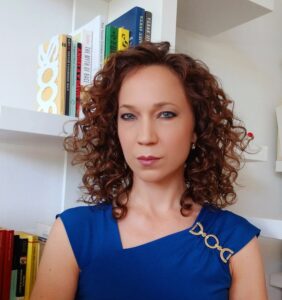 Dr. Karmen Mlinar has a PhD in Educational Sciences and the Education of Teachers and works as an assistant professor for intersectional continuing education research at the University for Continuing Education Krems in Austria.
Dr. Karmen Mlinar has a PhD in Educational Sciences and the Education of Teachers and works as an assistant professor for intersectional continuing education research at the University for Continuing Education Krems in Austria.
Her research fields include, but are not limited to intersectionality, critical race theory, social inequality, responses to diversity in society and education, theory of education, and teacher education.
Her research is based on new or underrepresented perspectives and provides impulses for the development and/or improvement of (continuing) education programmes. For example, she is one of the few researchers internationally and the first in Southeast Europe to have analysed the different ethnic hierarchies between majority and minority pupils. She also designed and conducted the first study on multicultural ideology and national pride as antecedents of prospective teachers’ multicultural attitudes.
One of her main goals is to fill gaps in existing theory and research about intersectionality within continuing education by exploring underrepresented identities and uncovering learners’ nuanced experiences of discrimination and privilege. She champions transformative methodologies and explores the complex power dynamics, inequalities and injustices within educational systems through an intersectional lens.
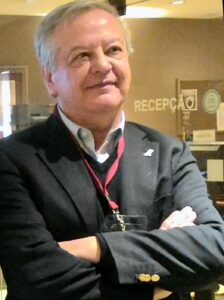 Alfredo Soeiro has served as Academic director in Civil Engineering of University of Porto and vice president of the department (2003/7); Pro-Rector of the University of Porto for Continuing Education (1998/3); vice president of EUCEN (1992/8) and SEFI (2002/3); president of IACEE (2001/4); president of AUPEC (2001/5); president of SEFI (2003/5); member of the editorial board of the journal European Journal of Engineering Education (1998-…); ambassador of ENETOSH in Portugal (2012-…); medal of 800th Anniversary of U. Sorbonne (1998); International Hall of Fame of Adult and Continuing Education title (2006); EDEN Fellow award (2008) and Senior Fellow (2016); IEOM Global Engineering Education Award (2016); IACEE Fellow (2014); vice-president of EMC of FEANI (2014-18); member of the Steering Committee of EUCEN (2012-16); member of EDEN DLE Board (2020-…); member of IACEE Council (1995-18); Secretary General of AECEF (2017-…); Vice-President of ISHCCO (2019-…).
Alfredo Soeiro has served as Academic director in Civil Engineering of University of Porto and vice president of the department (2003/7); Pro-Rector of the University of Porto for Continuing Education (1998/3); vice president of EUCEN (1992/8) and SEFI (2002/3); president of IACEE (2001/4); president of AUPEC (2001/5); president of SEFI (2003/5); member of the editorial board of the journal European Journal of Engineering Education (1998-…); ambassador of ENETOSH in Portugal (2012-…); medal of 800th Anniversary of U. Sorbonne (1998); International Hall of Fame of Adult and Continuing Education title (2006); EDEN Fellow award (2008) and Senior Fellow (2016); IEOM Global Engineering Education Award (2016); IACEE Fellow (2014); vice-president of EMC of FEANI (2014-18); member of the Steering Committee of EUCEN (2012-16); member of EDEN DLE Board (2020-…); member of IACEE Council (1995-18); Secretary General of AECEF (2017-…); Vice-President of ISHCCO (2019-…).
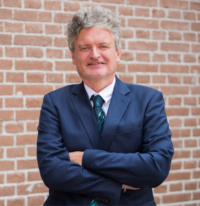 Reinhard Nöbauer is a Senior Expert in the Austrian Federal Ministry for Education, Science and Research and a specialist on vocational education and training with almost 30 years of experience in the field.
Reinhard Nöbauer is a Senior Expert in the Austrian Federal Ministry for Education, Science and Research and a specialist on vocational education and training with almost 30 years of experience in the field.
His main working area is international co-operation in vocational education and training. Currently he is mostly responsible for bilateral co-operation in this field and worked on different projects on four continents. He is Member of the OECD VET-Expert Group and used to work as Member of the Governing Boards of ETF and CEDEFOP for many years
His work includes co-operation with several international organizations such as EU, UNIDO, UNESCO, Council of Europe and OECD.
He worked for three years in CEDEFOP in Thessaloniki and for two years for the DG EAC of the European Commission in Brussels.
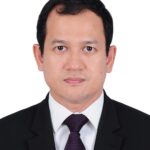 Dr Songheang Ai, is a Director of Southeast Asian Ministers of Education Organization Regional Centre for Technical Education Development (SEAMEO TED), Phnom Penh, Cambodia. His areas of expertise are curriculum development, migration, technical and vocational education and training (TVET), human resource development (HRD), soft skills, and teacher education. He graduated in Human Resource Development (HRD) from Korea University of Technology and Education (KOREATECH), South Korea. Dr. Ai is an alternate SOCA leader for Cambodia for ASEAN work. He has authored and co-authored several journal articles and book chapters. He has spoken as a guest and keynote speaker at several national, regional and international events such as webinars, and conferences. He is an editorial board member of TVET @Asia Journal Issue 23. His endeavor is knowledge acquisition.
Dr Songheang Ai, is a Director of Southeast Asian Ministers of Education Organization Regional Centre for Technical Education Development (SEAMEO TED), Phnom Penh, Cambodia. His areas of expertise are curriculum development, migration, technical and vocational education and training (TVET), human resource development (HRD), soft skills, and teacher education. He graduated in Human Resource Development (HRD) from Korea University of Technology and Education (KOREATECH), South Korea. Dr. Ai is an alternate SOCA leader for Cambodia for ASEAN work. He has authored and co-authored several journal articles and book chapters. He has spoken as a guest and keynote speaker at several national, regional and international events such as webinars, and conferences. He is an editorial board member of TVET @Asia Journal Issue 23. His endeavor is knowledge acquisition.
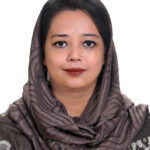
Farhana Ahasan, currently an Assistant Professor, has been working at Stamford University Bangladesh since March 2006. She did her Honours in English and Masters in linguistics and ELT from the University of Dhaka. Her areas of interest include sociolinguistics, phonetics, postcolonial perspective in ELT and Ecocriticism. She has six published papers and participated in several national and international conferences. Besides teaching language and linguistics at different batches, she supervises undergraduate and graduate research. Now, she is pursuing her PhD at Nagaland University.
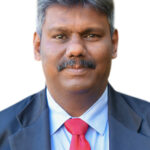
Dr. J. Karthikeyan, Assistant Professor of English | Training & Placement Officer, National College (Autonomous), Tiruchirappalli, Tamil Nadu, India is a passionate educator and dynamic trainer with a strong focus on research, innovation, and social upliftment through education. He has successfully completed three international funded projects and actively consults for the leather, automobile, and fashion apparel industries in India and Bangladesh. A staunch advocate for inclusive education, he holds three design patents in AI and voice-assisted tools aimed at supporting students from economically weaker sections and visually challenged individuals. He is currently working on ASEM South Asia Center’s project “Public Outreach Resource Transfer” A Virtual Learning Hub that will enhance Digital Literacy among the skilled Women and Children.
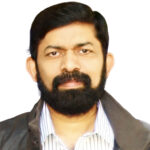
Dr Jacob George is the Senior Associate Director at the Adi Shankara Group of Institutions, Kerala, India. He has a Ph.D. in English Language and literature from the University of Kerala and his expertise spans education, research, and institutional leadership. He plays a pivotal role in the Additional Skills Acquisition Programme under the Government of Kerala and has organized numerous national and international conferences. A prolific author, Dr George has published 8 books and contributed to leading academic journals. His collaborations with institutions such as the University of Cambridge and IBM highlight his commitment to academic excellence. Recognized globally, his accolades include a Fulbright Scholarship (U.S.) and commendations from the Government of Sultanate of Oman. As a mentor and researcher, he continues to shape scholarly discourse and advance lifelong learning initiatives.



